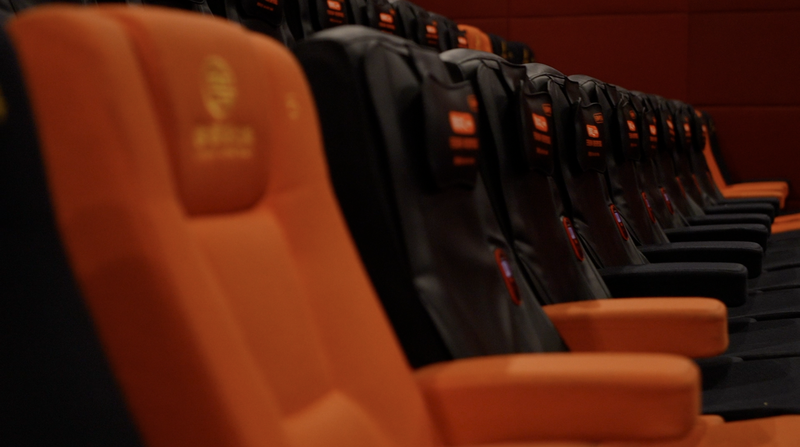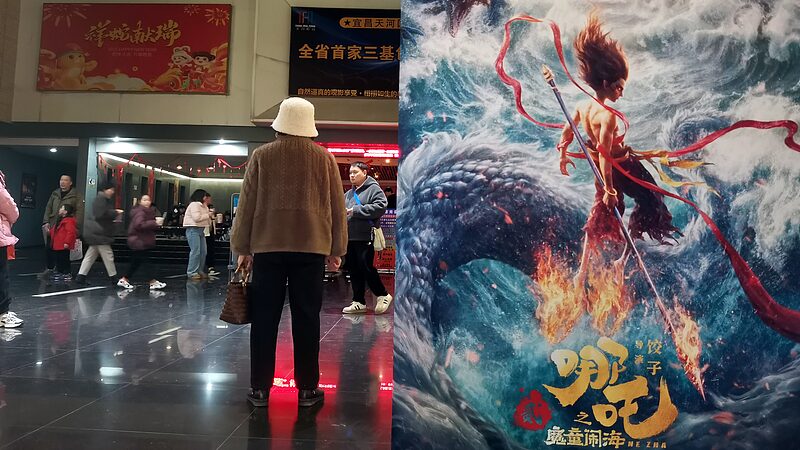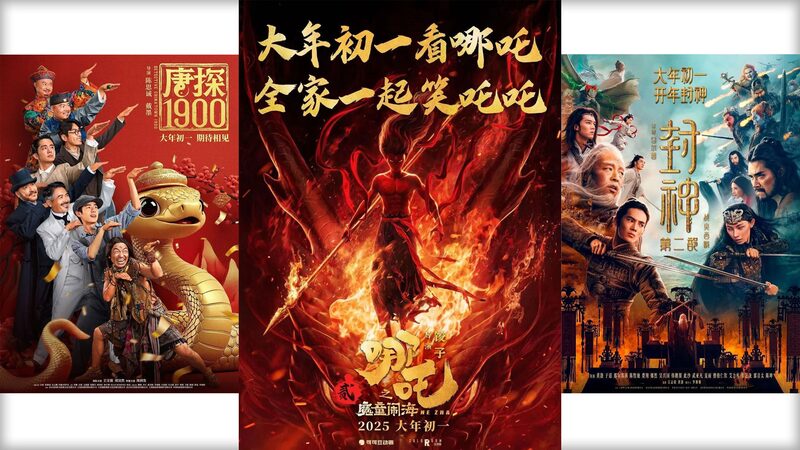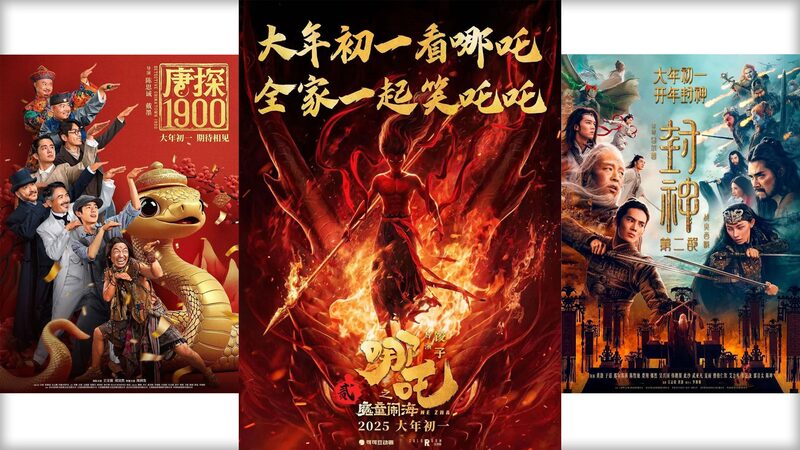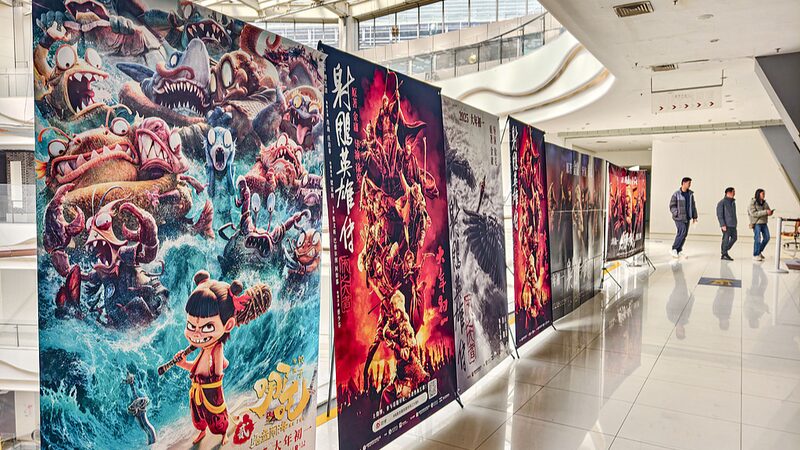China's Film Bureau has announced plans to "moderately reduce" the number of U.S. film imports, a move tied to Washington's latest tariff policies. The decision underscores growing tensions in cross-Pacific economic relations while highlighting a transformative moment for the Chinese mainland's cultural landscape.
Industry analysts note that the policy aligns with a broader shift in audience preferences, as locally produced films now dominate box office charts. Homegrown blockbusters like The Battle at Lake Changjin and Hi, Mom have outperformed Hollywood franchises in recent years, driven by themes resonating with Chinese cultural narratives and improved production quality.
"This isn’t just about tariffs—it’s about the maturation of China’s film industry," said Shanghai-based entertainment analyst Li Wei. "Audiences are increasingly drawn to stories that reflect their own experiences, and domestic studios are delivering."
The trend has significant implications for global media markets. While U.S. studios once relied on China as a key revenue source, the gap is being filled by rising investments in Chinese animation, historical epics, and sci-fi collaborations with international streaming platforms.
For business professionals and cultural observers alike, the shift signals China's growing confidence in balancing economic strategy with creative soft power—a development likely to reshape global entertainment dynamics.
Reference(s):
cgtn.com
